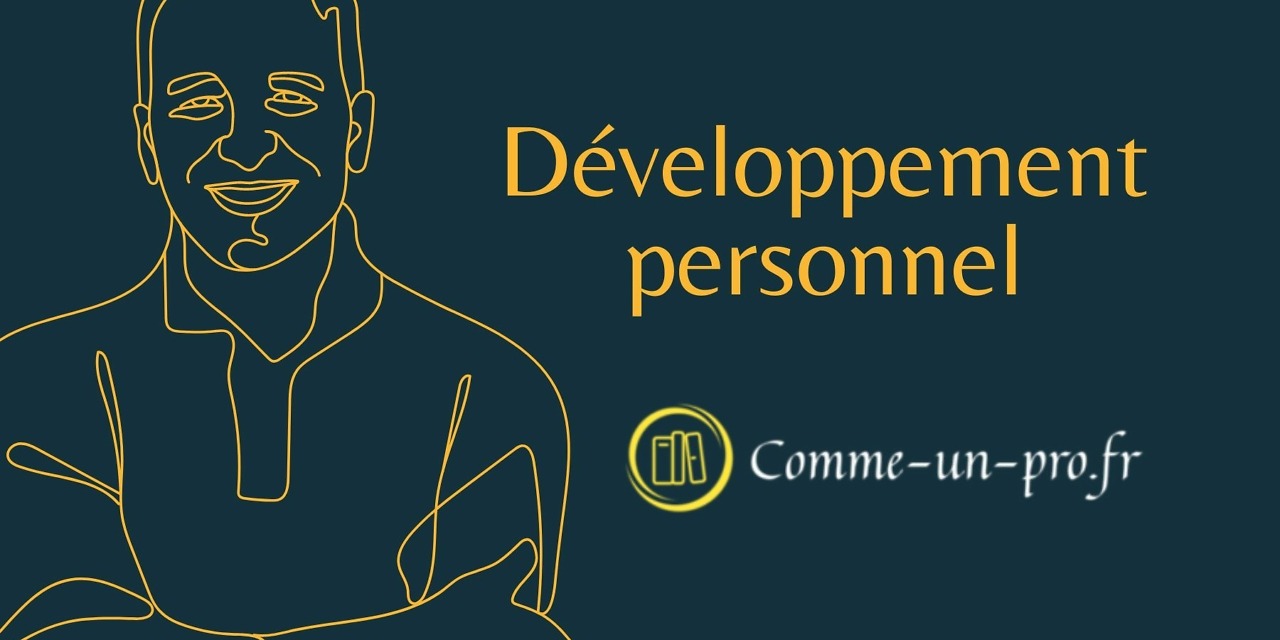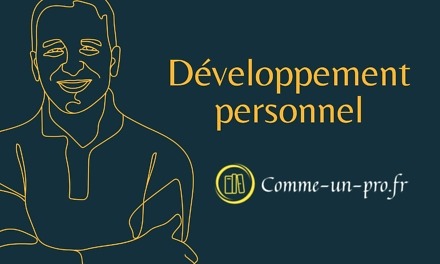How Emotional Intelligence Can Boost Your Career
Emotional intelligence, a widely discussed concept in the field of psychology, may seem a little out of place when talking about professional career. Still, if you're wondering what can really boost your career, emotional intelligence might just be the answer.
Emotional intelligence, also called emotional quotient (EQ), relates to the ability to identify, understand and manage their own emotions and those of others. It is increasingly recognized as a key element to excel in the professional world. But why does emotional intelligence have such an impact on your career? To answer this question, let's first explore what it really means to have high emotional intelligence.
Having a high emotional intelligence means that you are aware of your emotions and those of others. You are able to understand the feelings behind certain actions or behaviors and you can manage your emotions effectively in different situations. For example, if a colleague is frustrated, a person with strong emotional intelligence would be able to understand that frustration and respond appropriately.
Additionally, people with strong emotional intelligence tend to have excellent communication skills. They are able to express their thoughts and feelings clearly and are often good listeners. These skills are essential in a work environment, where effective communication can mean the difference between success and failure.
In sum, emotional intelligence is a valuable skill that can greatly contribute to your professional success. In the next section, we'll explore how you can develop your emotional intelligence to boost your career.
Developing your emotional intelligence: a springboard for your career
Developing emotional intelligence is not a simple task, but it is certainly possible and beneficial for your career. If you're looking to improve your skills in this area, here are some essential steps to take.
The first step to improving your emotional intelligence is self-awareness. It involves understanding your emotions, knowing why they happen, and how they affect your actions. You can start by keeping an emotional diary where you write down your feelings throughout the day and the events that triggered them. This will help you identify patterns in your emotional reactions.
The second step is self-control. Once you are aware of your emotions, the next step is to learn how to manage them. This may mean learning to stay calm under pressure, to manage stress effectively, or to think before you act when you are overwhelmed by strong emotions.
The third step concerns social awareness. This means understanding other people's emotions and how they can affect their behavior. It's about being attentive to the emotional cues provided by the people around you and responding to them appropriately.
The last step is relationship management. It involves knowing how to influence and manage the emotions of others to achieve positive results in interpersonal relationships. This is an especially important skill in the workplace, where you often have to work in a team and manage conflict.
Overall, developing your emotional intelligence can be a powerful catalyst for your career. In the next part, we'll take a detailed look at the specific benefits of emotional intelligence in the workplace.
Make emotional intelligence your ally for a flourishing career
Now that we've defined emotional intelligence and explored the different steps to developing it, let's take a look at how this skill can boost your career.
First, emotional intelligence can improve decision making. People with high emotional intelligence tend to be more aware of their own feelings, as well as those of others. This deeper understanding can help to make more balanced and considered decisions, thus avoiding impulsive actions that could be harmful.
Second, emotional intelligence is a key factor in conflict resolution. In the workplace, disagreements and misunderstandings are inevitable. However, people with high emotional intelligence are often more adept at navigating these sticky situations and finding solutions that work for all parties involved.
Third, emotional intelligence can boost team performance. Emotionally intelligent leaders are able to recognize and respond to the emotional needs of their colleagues, creating a more harmonious and productive work environment.
Finally, emotional intelligence can improve communication skills. Good communication requires an understanding of other people's feelings and perspectives, and that's exactly what emotional intelligence allows you to accomplish.
In sum, emotional intelligence is more than just a skill – it's fundamental to a successful and fulfilling career. So don't wait any longer to start your emotional intelligence development journey and give your career the boost it deserves.



